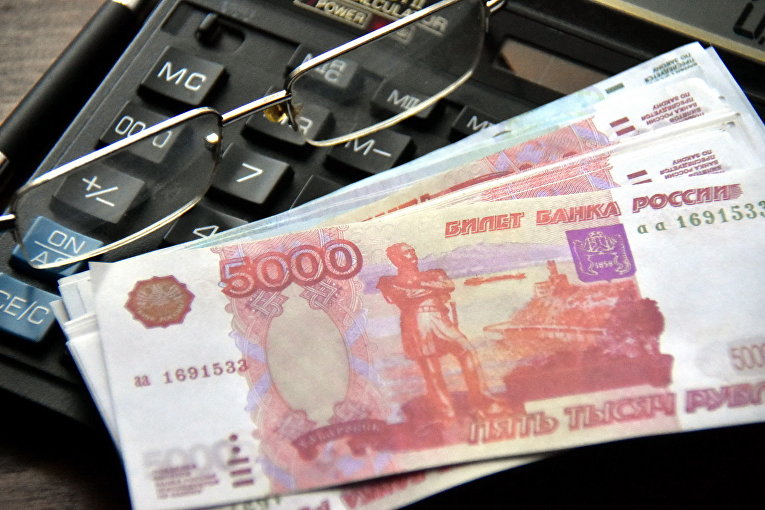MOSCOW, May 12 (RAPSI) – A bill envisaging administrative liability amounting to fines up to 150,000 rubles ($2,000) or disqualification for up to 2 years for public and municipal officials if they insult citizens has been submitted to the State Duma, according to the database of the lower house of Russia’s parliament.
The document was developed by Chair of the State Duma Committee on Information Policy Alexander Khinshtein and Deputy Chair of the Federation Council, the upper house of the parliament, Andrey Turchak.
The indignities officials inflict on citizens when performing their duties are to be punished by administrative fines ranging from 50,000 rubles to 100,000 rubles (about $700 to 1,500 at the current exchange rate) or disqualification for up to one year; if this offence is recommitted, the fines are to make from 100,000 to 150,000 rubles ($1,500 to $2,000), and disqualification be extended for up to 2 years, the bill reads.
The insults are defined not only as vulgarities, but are to include any expression humiliating another person or a group of persons in a form being contrary to public morals.
Moreover, in order to toughen responsibility for such an offence, more serious punishments are envisaged for insults contained in public speeches, publicly demonstrated creative products, materials published in mass media or disseminated across information and telecommunication networks. Thus, citizens are to be fined from 5,000 to 10,000 rubles ($70 to $140), currently the respective figures are at 3,000 to 5,000 rubles ($40 to $70); for officials fines are to be raised from current 30,000 to 50,000 rubles ($400 - $700) to sums ranging from 50,000 to 100,000 rubles ($700 to $1,500); as to corporations the fines are to be increased from 100,000 to 500,000 rubles ($1,500 - $7,000) to 200,000 – 700,000 rubles ($2,700 - $9,500).
The bill has been developed as an answer to public outrage caused by growing since recently number of cases where state or municipal officials insulted citizens, as well as low efficiency of the mechanism aimed to protect honor and dignity of citizens with respect to the content of public speeches, creative products and materials of mass media, the authors of the document note.



